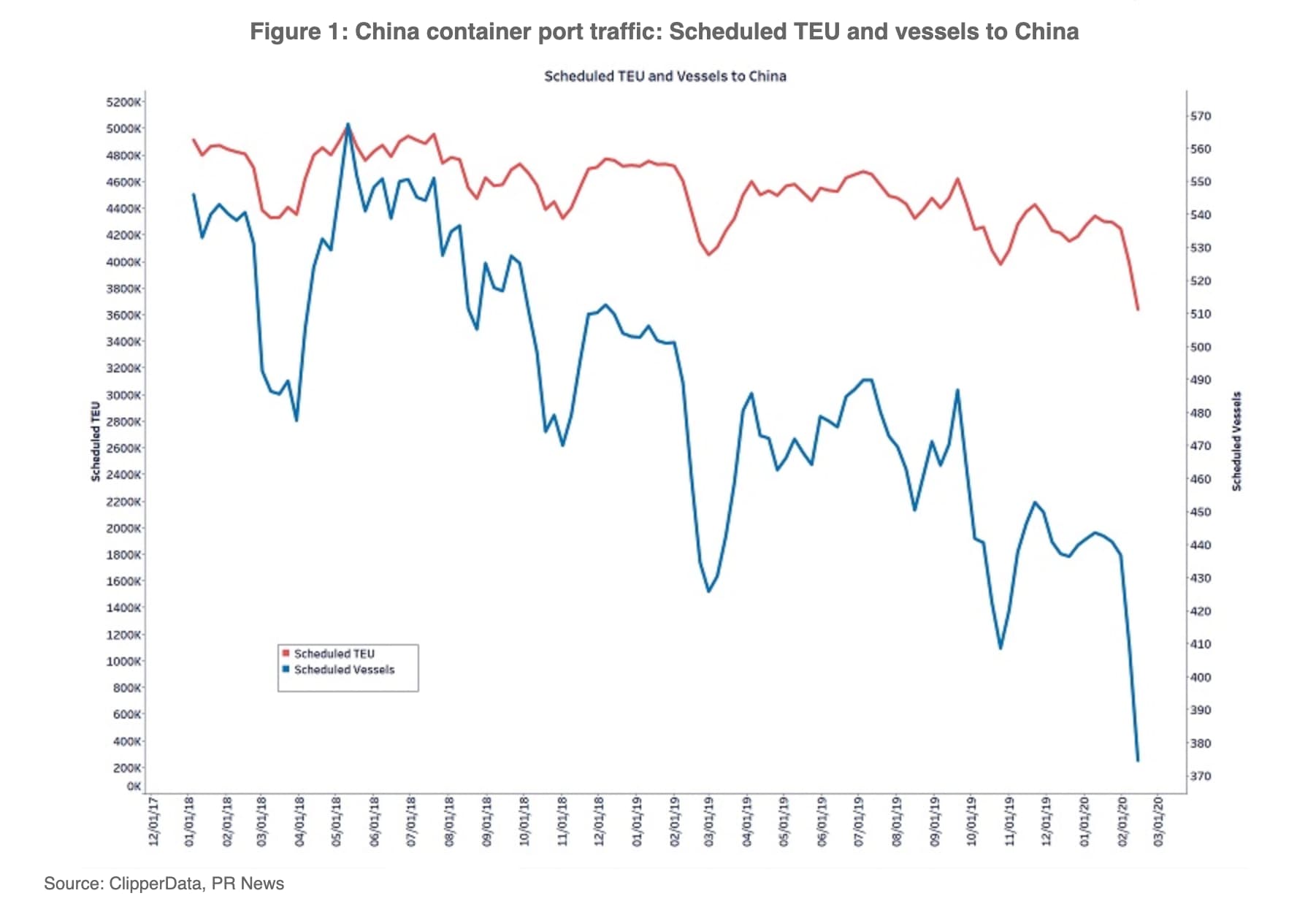News
8 ways to rebuild a stronger ocean economy after COVID-19

- COVID-19's impact is being felt at sea as well as on land.
- The pandemic offers an opportunity to start building a sustainable ocean economy fit for the future.
- Here are 8 areas for policy-makers to consider.
Almost no facet of our global economy has been immune to the COVID-19 crisis.
Much has been said about the disruption in more familiar sectors such as airlines, restaurants, and sports - but the long arm of COVID-19 has also reached out to sea, and is affecting our “blue economy”. This collection of formal and informal marine jobs, products, and services has been valued at $2.5 trillion a year. If the ocean were a nation, it would rank as the 7th largest economy in the world.
Maritime shipping has seen COVID-19-associated drops in activity of up to 30% in some regions. Lockdowns and reduced demand for seafood have seen fishing activity fall by as much as 80% in China and West Africa. Entire nations dependent on ocean and beach associated tourism have shut their borders. Globally, COVID-19's impact on tourism may amount to a $7.4 billion loss and could put 75 million jobs at risk.
Have you read?
Some of the COVID-19 stimulus packages that are being designed to recover land-based industries and communities are also exploring ways to leapfrog forwards into greener modes of operation. However, little is being considered for bluer modes of operations. Similar opportunities, however, await us in our ocean and on our coasts.
Here are eight pathways for rebuilding an ocean economy that is both stronger and more sustainable after COVID-19.
1. Bluer blue tourism
Ocean tourism, before COVID-19, was directly valued at $390 billion globally and comprises a significant portion of the GDP of many nations. The millions of people that depend on ocean tourism, and consequently have a stake in ocean health, cannot be abandoned during the pandemic. Recovery funds could prevent furloughs by hiring people to restore coastal ecosystems, such as coral reefs and mangroves, given the massive return on investment that such ecosystems deliver to blue tourism. Similar nature-based job creation programmes were developed during the Great Depression, such as the Civilian Conservation Corps in the US. Stimulus funds could also keep workforces active installing sustainability upgrades in now empty hotels - drinking water stations to reduce plastic pollution and water treatment systems, for example - and training staff to diversify their sustainability skillset.

2. Reducing shipping emissions
Maritime shipping carries an estimated 90% of the planet’s cargo. This ocean traffic contributes significantly to global emissions of carbon and other air pollutants. The International Maritime Organization has mandated that shipping emissions be reduced by 50% by 2050. A reduction in shipping activity during COVID-19 provides a valuable opportunity to move towards this goal. Quiescent vessels can be fitted with upgrades to increase fuel efficiency and reduce emissions. Quieter shipyards can retool and secure political support to prepare for future demand to be met with zero-emission vessels. Such opportunities are greatest in Asia, where China, together with South Korea and Japan, represent more than 95% of the world’s shipbuilding by tonnage. Any aid directed to accelerate progress towards decarbonizing shipping should also include opportunities to electrify ports and prepare them to provide zero-emissions fuels.

3. Avoid squandering a post-COVID-19 fish bounty
Unlike other investments, living ocean resources literally grow during downturns. During World War II, many fishing vessels were forced to stop fishing. This reprieve allowed fish populations, such as cod, to increase. Should any such gains be accruing during COVID-19, we must resist the urge to immediately over-harvest them. Instead, we should use fisheries science to design intelligent harvest-yield protocols that maximize the long-term benefit of any possible COVID-19 gains.



